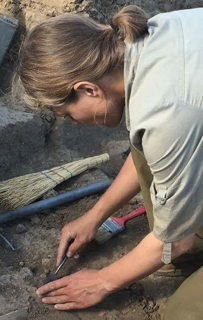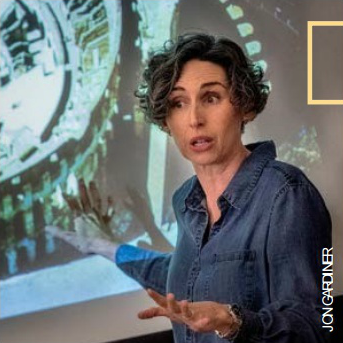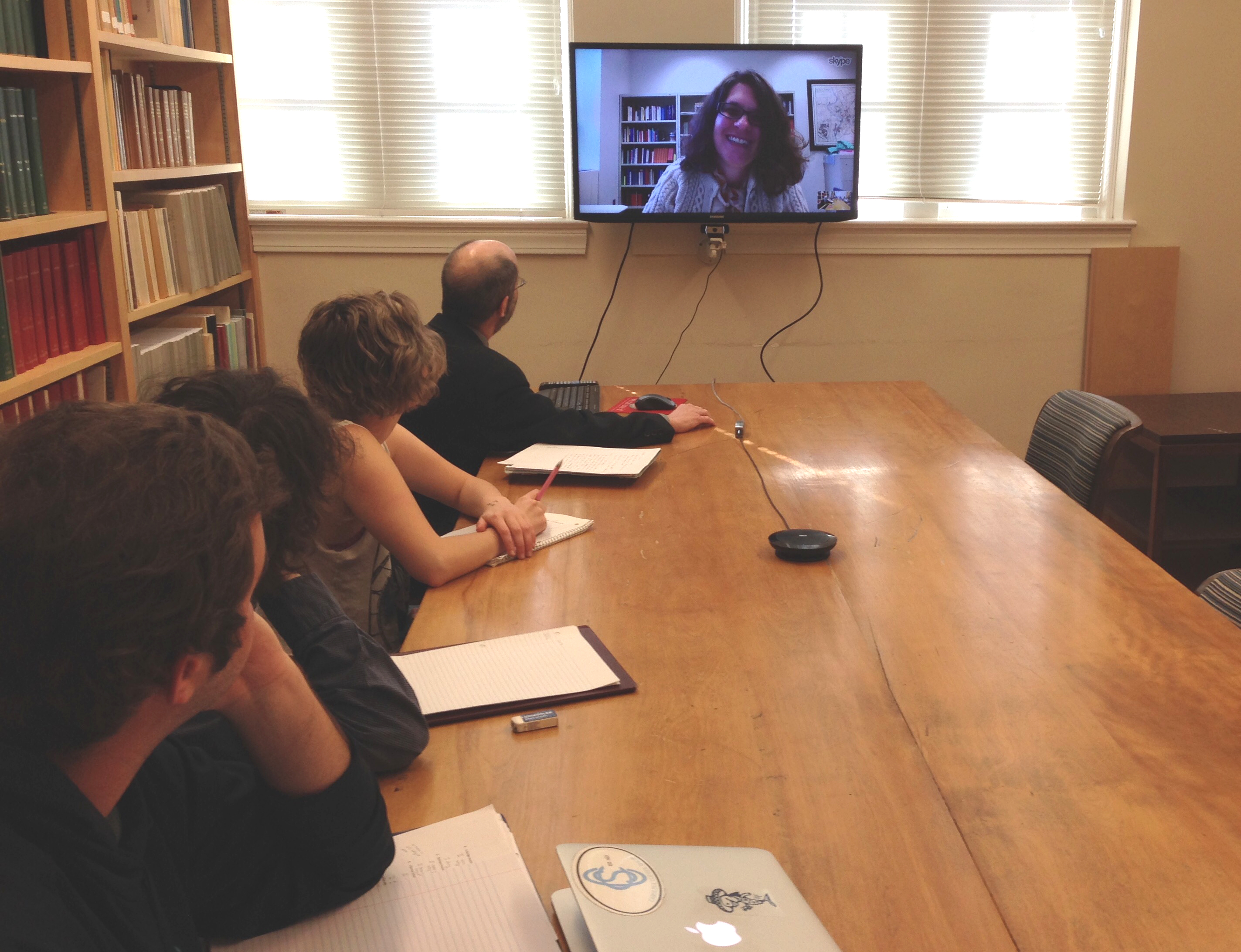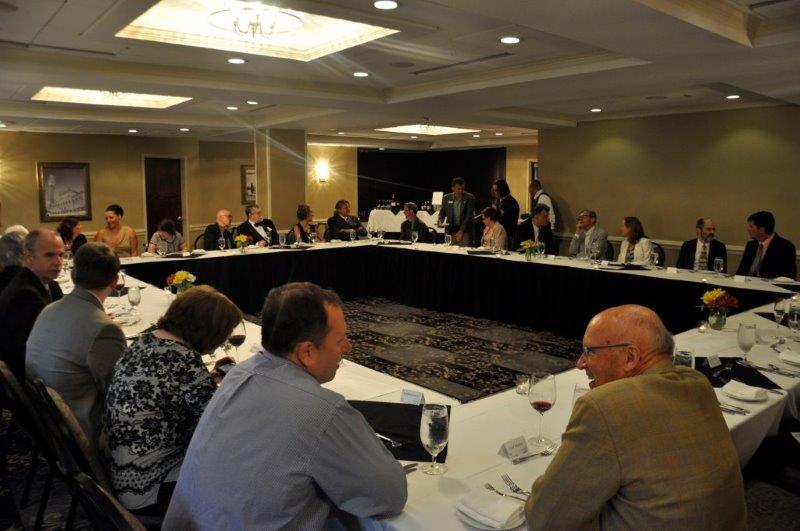About the Department
The scope of the Department of Classics encompasses the full range of ancient Greek and Roman civilization, from the Bronze Age Aegean to the transmission of classical literature in the Middle Ages and beyond.

We have significant strengths both in Greek and Latin language and literature and in the art and archaeology of the ancient Mediterranean world, and our teaching and research interests extend into many other areas as well.
Our faculty includes specialists in Greek historiography, rhetoric, and drama; Latin epic, elegy, comedy, oratory, and historiography; the medieval transmission of Latin literature; women and gender in classical antiquity; religion in the Roman empire; Roman art; and the archaeology of the Aegean Bronze Age and early Iron Age and of the Hellenistic and Roman Near East and Egypt.
The study of Greek and Roman antiquity is necessarily a multidisciplinary field, and the breadth of our interests and methodologies means that the department has numerous connections with other departments and programs in the College of Arts and Sciences, including the Departments of Anthropology, Art, English and Comparative Literature, History, Philosophy, Religious Studies, and Women’s and Gender Studies, the Curriculum in Archaeology, and the Program in Medieval and Early Modern Studies.
Several of our faculty have adjunct appointments in these programs, and several faculty in these other departments have adjunct appointments in our own. For a full list of our faculty and their areas or expertise, see the Faculty page.
The Department offers a wide selection of courses in Greek and Latin language and literature and in Greek and Roman art, archaeology, and civilization. These range from First Year Seminars and introductory lecture courses for students with no prior knowledge of the field to advanced research seminars at the doctoral level. For further information about our course offerings, see the Course Overview page.
The research interests of our faculty are equally broad. Current research projects include the processes of urbanization and state-formation on Crete in the Early Iron Age and Archaic periods; the role of ugliness in establishing and mediating the genres of Greek drama; magic, the Underworld, the supernatural, and anger in Ancient Greek literature from Homer to Lucian; cemetery organization and funerary commemoration in Archaic and Classical Athens; representations of women in Xenophon; rape and the social meanings of the female body from Greek myth to the present; the construction of ethnicity and identity in the borderlands of Hellenistic Upper Egypt; the authority of the speaker and its self-subversion in Latin didactic and satire; depictions of tenderness in Latin elegy and Roman painting in the early empire; the relationships between texts and landscapes in the Greek cities of Asia Minor in the 2nd century CE; the shifting social and cultural meaning of animal sacrifice in the Roman imperial period; and the study of Latin literature in the monasteries and schools of present-day Belgium during the 10th and 11th centuries.

The range of our course offerings and the breadth and diversity of our faculty’s interests and areas of expertise allow us to offer a number of different degree programs.
At the undergraduate level, we offer a BA in Classics with concentrations in Greek, Latin, Combined Greek and Latin, Classical Archaeology, and Classical Civilization, as well as minors in Greek, Latin, and Classical Humanities; see further on the Majors and Minors page.
In collaboration with the Department of Religious Studies, we offer a Post-Baccalaureate Certificate in Ancient Mediterranean Languages.
At the graduate level, we offer MA degrees in Classics and Classical Archaeology, and PhDs in Classics, Classical Archaeology, Classics with Historical Emphasis, and Classical and Medieval Latin; see further on the Graduate Program Description page.

The Department is fortunate to have excellent facilities in Murphey Hall.
These include the Bibliotheca Ullmaniana (Murphey 316), which houses our extensive collection of texts, commentaries, reference works, monographs, and journals. Attached to it is a small seminar room (Murphey 317) with teleconferencing technology.
The Archaeology Seminar Room (Murphey 304) houses our collection of antiquities, including the Takey Crist Collection of Cypriot antiquities. Our Common Room (Murphey 217) is available for lunch, information meetings, and socializing, and is also the location for our weekly tea.
Outside Murphey Hall, the Department maintains the Epigraphy Room in Davis Library (Davis 6010), which contains most standard collections of Greek and Latin inscriptions as well as a number of resources for palaeography.
The Rare Book Collection in Wilson Library includes a number of items relevant to the study of Greek and Latin textual transmission and reception, and the Ackland Art Museum has a good working collection of ancient Mediterranean antiquities.
For further information about departmental resources, see the Resources page.
The Department sponsors a variety of events.
During the academic year, weekly Tea Talks provide a venue for informal presentations by graduate students, faculty, and visitors.
We also host a series of more formal lectures by visiting and local faculty; these include lectures organized by the local chapter of the Archaeological Institute of America, in which our faculty members and graduate students play a major role.
Our local chapter of Eta Sigma Phi, the national undergraduate honors society, organizes a number of activities for undergraduates, including weekly reading groups and peer tutoring.
Annual events include a joint graduate student/faculty research colloquium with the Department of Classics at King’s College London, normally held in early September; a graduate colloquium organized by our graduate students in collaboration with the graduate students in the Department of Classical Studies at Duke University; and an undergraduate conference organized by Eta Sigma Phi.
For the schedule of current and future events, see the Events page.
The Department of Classics at the University of North Carolina has a long and distinguished history.
Greek and Latin were important components of the University’s curriculum from the time that it first admitted students in 1795, with the appointment of separate professors of Greek and Latin beginning in the 1830s.

The beginnings of the modern department date to the late 19th century, when Eben Alexander was Professor of Greek as well as the first Dean of the Faculty and when the first graduate degrees in Classics were awarded.
The Department moved into its current home in Murphey Hall when the building was completed in 1924; in 2001-2002 the building underwent a multi-million dollar restoration and renovation.
Starting in the 1950s, the graduate program rapidly expanded, attracting students from around the country–chiefly because of the presence of distinguished faculty such as B.L. Ullman, Henry Immerwahr, Robert Getty, Kenneth Reckford, Philip Stadter, T.R.S. Broughton, George Kennedy, and Jerzy Linderski.
The 1960s saw additions to the range of graduate degrees, with new PhD tracks in Classical and Medieval Latin and in Classical Archaeology. For a full history of the Department, see the Departmental History page.

